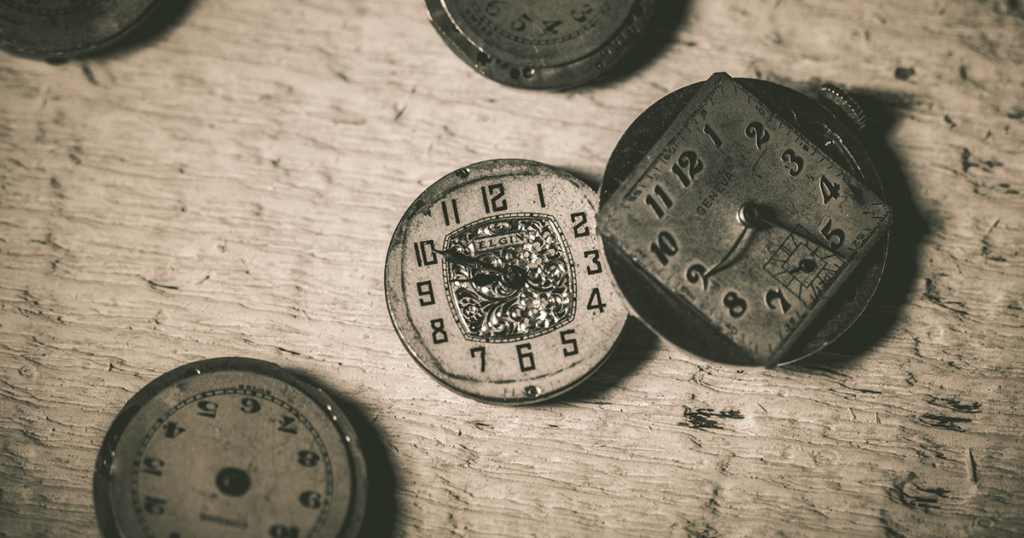
When, at 26, I first started writing seriously, it was unbelievably important for me—for reasons I can no longer fully access—to reach certain milestones as early as possible. I simply had to publish my first book before I turned 30, for example—and I did, thank god; it came out when I’d just turned 29. (For the record, I’ve been working on my second one for nearly eight years and counting.) After publishing my first book, I spent four years working full-time on a novel that I’ve indefinitely shelved, started a family, moved to a foreign country, and returned to writing nonfiction. In that time, I’ve notched a few professional accomplishments (there are exponentially more that continue to elude me), continued to grow my family, spent good and valuable time with old friends and made new ones, and suddenly looked up to find myself now calculating what I might realistically achieve before I turn 40—a significant threshold, it seems to me, the point when a writer leaves his youth behind.
At least that’s the way it’s been. But does that still hold? Since the average human lifespan is so much longer today, around 85 years in developed nations, is it silly to continue to think of youth in yesterday’s terms? My grandparents were fully adults before age 25, with children, a mortgage, and a demeanor many of my friends and I—who spent most of our 20s in an infantilizing combination of graduate school, internships, and freelance work—have still not acquired. With this extra time allotted at the end along with the extended march toward full adulthood at the beginning, is, as popular magazines have been saying for some time, 30 not the new 20, 40 the new 30? Is it too late for me to get a tattoo?


